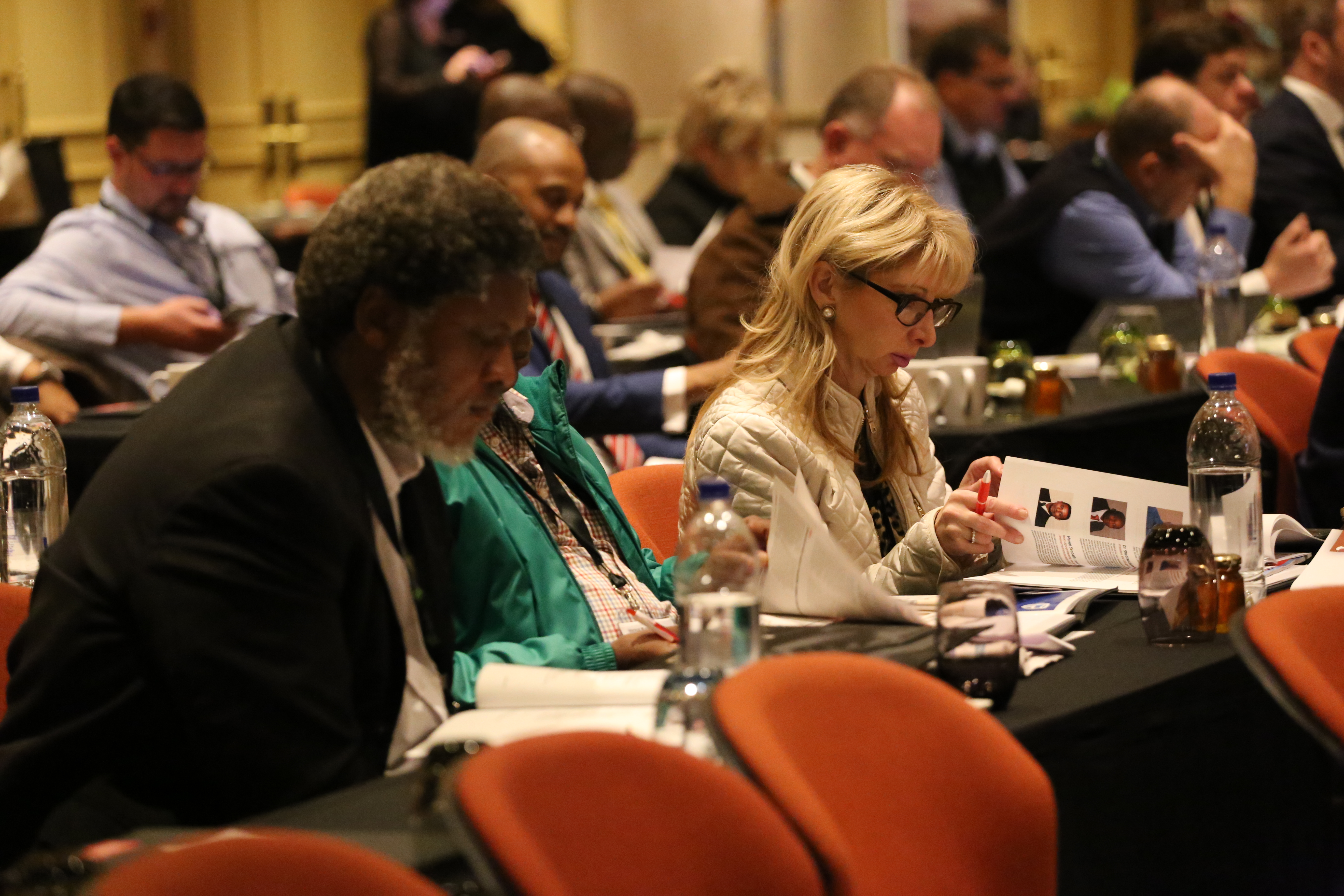What to expect at this year’s conference
#FWAgbizAfrica
Theme 2018: Partnerships for equitable trade
DAY 1: Panel discussions
SESSION 1: Who owns the value in the agriculture value chain?
The agricultural value chain is large and complex. Perceptions exist that certain players within the value chain, such as supermarkets for example, earn an unfair share of the profits generated throughout the value chain, while taking on less risk than other players. This session will explore these and other perceptions to uncover the flow of profit in the value chain.
SESSION 2: The missing middle in agriculture
The World Economic Forum’s Missing Middle Initiative described the missing middle as “the gap in capital that is larger than microfinance, yet smaller than traditional institutional financing in emerging and frontier markets”.
This session will not only look at addressing the financing needs of SMEs in the agribusiness and farming sectors, but will also look at the future of family farms in Africa, which could arguably be described as the rapidly disappearing middle of agriculture.
SESSION 3: Towards a fairer, freer and friendlier trading environment
The global agricultural trading environment is perhaps one of the most competitive economic systems in the world. While certain systems are in place to ensure that business is done as freely and fairly as possible, the perception still exists that some countries are, as George Orwell writes, “more equal than others”.
This session will explore some of the dynamics in international trade, and how they relate to Africa. Does the market offer enough protection, without being protectionist, for developing countries to really trade on a fair footing with the developed world?
DAY 2: Panel discussion
SESSION 4: Sustainable food systems: trading fairly, ethically and profitably
Consumer demand and regulatory insistence on a range of safeguards for raising livestock in ways deemed sustainable and humane are causing rapid changes in the food system. Moreover, from using fertiliser to pesticides, farmers have to be mindful of a complex, growing web of regulations.
Countries in which the ethical treatment of workers has been legislated may, at times, find themselves at a disadvantage when trading on international markets against countries with weak labour laws.
In this session, the focus will be on identifying those actions the farming and agribusiness sectors need to follow to find a compromise between operating profitably, while taking into full consideration their ethical and environmental responsibilities.
If you would like more information, please contact Marianna Du Plessis 0630769135 or [email protected]






